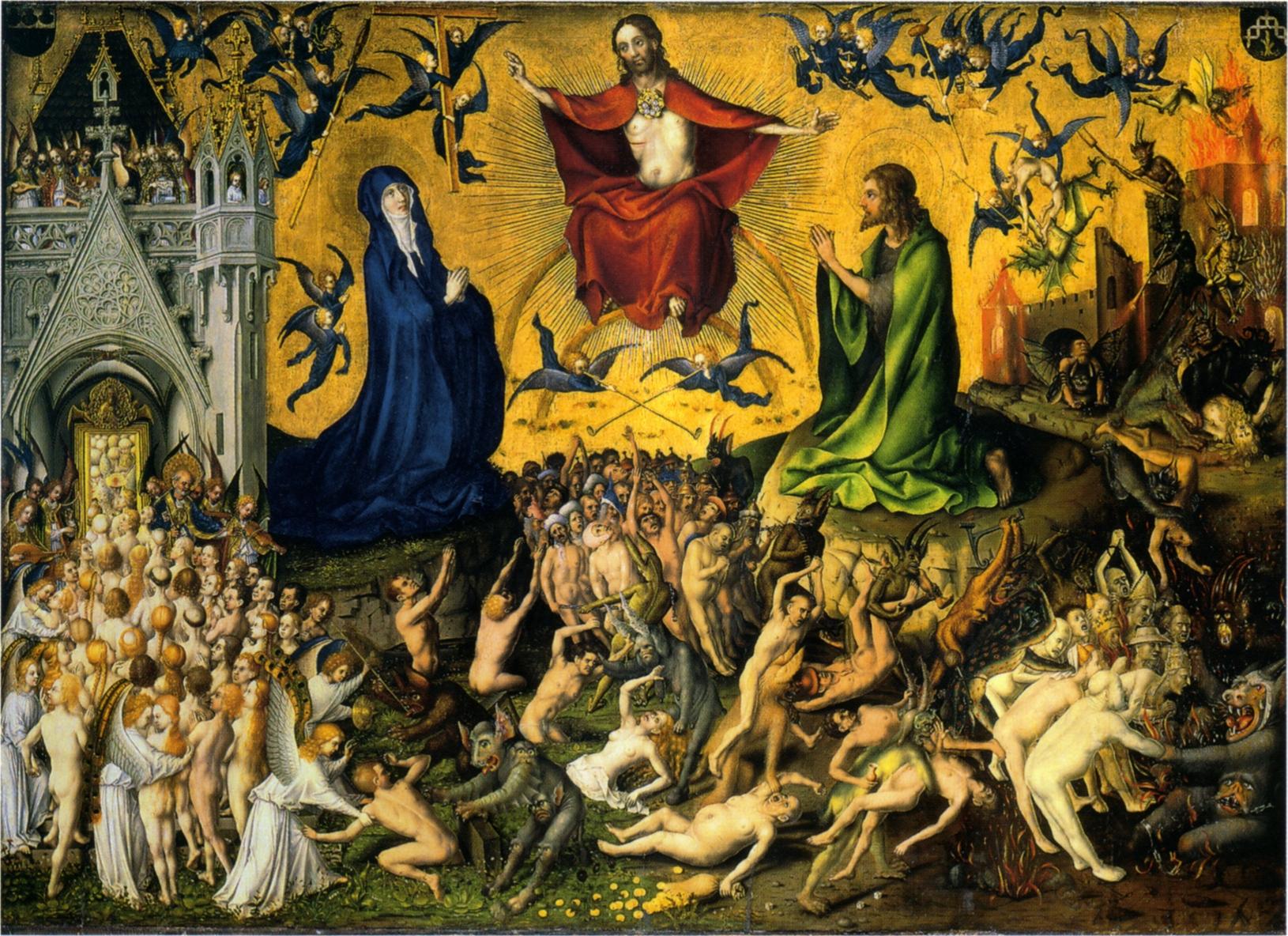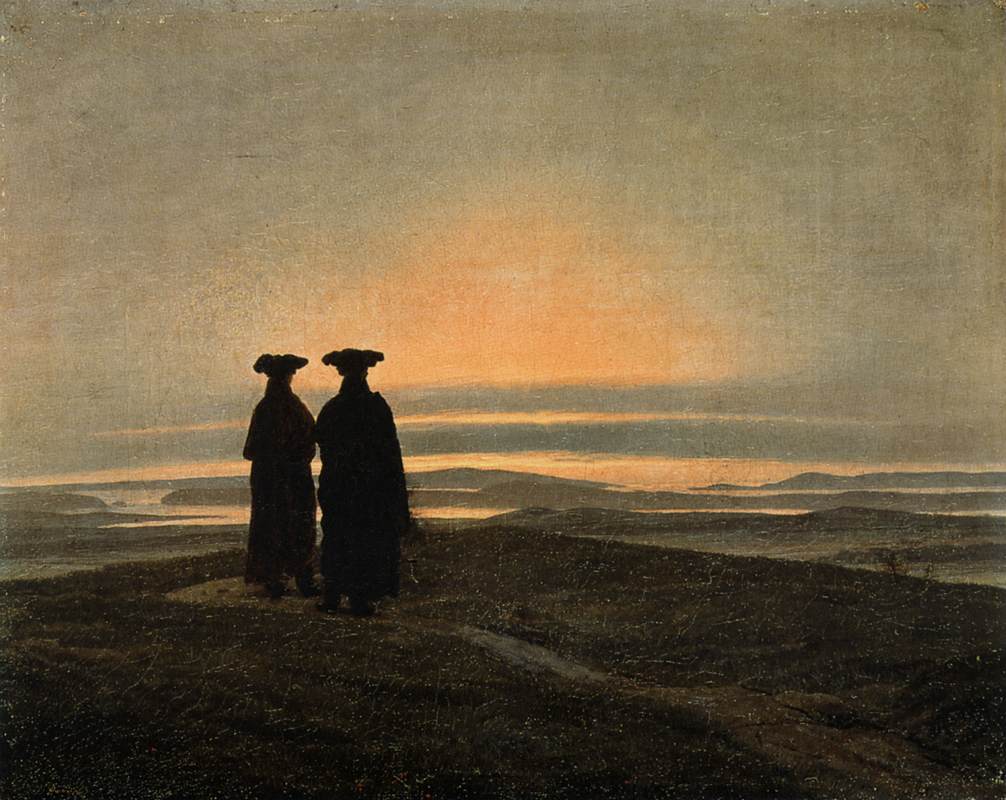Calm • Perspective
The Valuable Idea Behind the Concept of the Day of Judgement
Across time, various religions have come up with an idea that, today, can sound extremely odd: The Day of Judgement.

The suggestion has been that, after we die, the merit of our entire lives, with every relevant factor included, will be judged by an all-knowing, all-understanding and ultimately decisive judge: God, perhaps with the help of some angels, against a background of celestial music. Thereafter, the good people will be sent to heaven, the bad ones to roast (or boil) in hell.

It’s a fanciful speculation but it enforces some eminently sensible and highly important principles of how to live wisely and kindly among others. It operates as a reminder of the dangers of judging one another too readily and confidently, of quickly deciding who is valuable and who can be ignored, of too narrowly settling the question of who is guilty and who innocent.
The theory of the Day of Judgement proposes that the merits and demerits of other people are fundamentally mysterious, that highly important factors about their situation will never be known to us; and that we are therefore highly likely to get things wrong if we rush to assess others’ value on the basis of outward markers. It commends us to pause on our judgemental proclivities and snobbery – and to adopt instead a permanent attitude of modest and kindly neutrality. The Day of Judgment is useful not so much as a prediction about an event that will unfold on the other side of the grave; it matters as a warning to us not to foreclose on people whose true natures and situation we cannot possibly understand as we truly or fairly should.
The Day of Judgment is a strategic counter to the excesses of a meritocratic worldview. Faith in a meritocracy insinuates that we can, without excessive difficulty, judge one another now, almost at a glance, on the basis of what we have achieved, usually in our professional or personal lives. The divorcees and the sacked are the failures in this story; the sick as well.
In fact, where people end up is desperately and soberingly random. Career, romantic and health success reflect only certain parts of who a person is. We might be very witty but not cut out for management, or truly extraordinary parents but not very focused on money, or highly imaginative but rather shy, or wise but gravely ill. We might genuinely have had a brilliant idea but lack the necessary powers of execution or been cursed by very bad timing.

If we judge others too quickly on the outward signs, we may miss the best things about them; and they (in turn) may make the same painful mistake with us. We unfortunately don’t nowadays have grand and powerful institutions continually reminding us – via magnificent works of art – of the need not to judge too soon, but we can look back at the Day of Judgement as a reminder of a cautious manner of assessing human achievement that, however eccentrically framed it might be, we continue to owe to ourselves and others.


















